 / צוות המחקר / רינת קליין
/ צוות המחקר / רינת קליין
 / צוות המחקר / רינת קליין
/ צוות המחקר / רינת קליין
השכלה גבוהה, הון אנושי, בריאות, חברה, מדע וטכנולוגיה, אתיקה, סקירה ספרותית, מחקר איכותני
תואר שני בהנדסה כימית, הטכניון-מכון טכנולוגי לישראל
תואר ראשון בהנדסה כימית, הטכניון-מכון טכנולוגי לישראל
השכלה גבוהה, הון אנושי, בריאות, חברה, מדע וטכנולוגיה, אתיקה, סקירה ספרותית, מחקר איכותני
רינת קליין, חוקרת במוסד שמואל נאמן משנת 2017. בעבר, כיהנה כרכזת מחקר וחוקרת במרכז למדע וטכנולוגיה של ביטחון בטכניון. לרינת תואר ראשון ושני בהנדסה כימית מהטכניון וכן תעודת מידענות מהמחלקה ללימודי חוץ בטכניון.
במוסד נאמן, רינת שותפה במחקרים בתחום הון אנושי, השכלה גבוהה, בריאות, חברה וקהילה ואתיקה. היא הייתה שותפה למחקרים בינלאומיים כגון פרויקט RISIS של האיחוד האירופי וכן לקחה חלק במחקר “תפוקות מחקר ופיתוח בישראל / פרסומים מדעיים”.
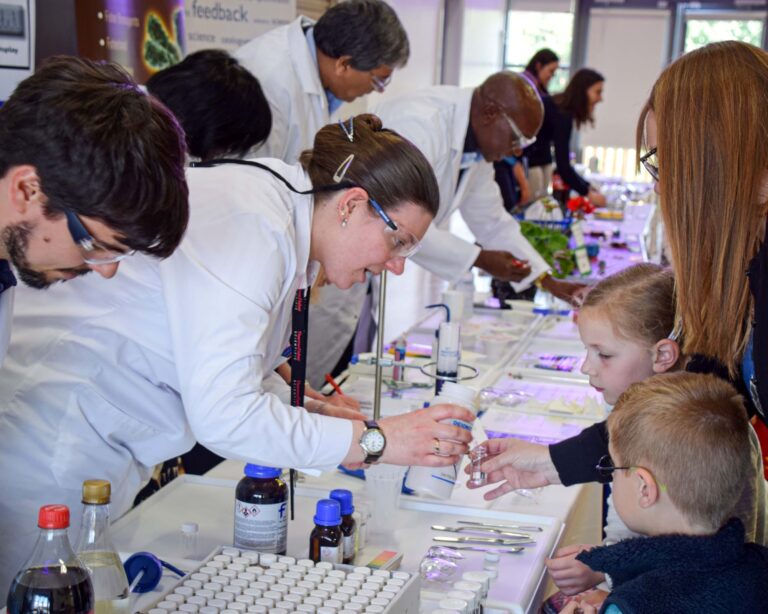
רינת קליין, ורד גלעד, ציפי בוכניק, בנימין בנטל, דן פלד

דינה זילבר, עלי זלצברגר, יעל כהן-רימר, ראובן כץ, ברק מדינה, מרדכי קרמניצר, מיכאל בירנהק, רינת קליין
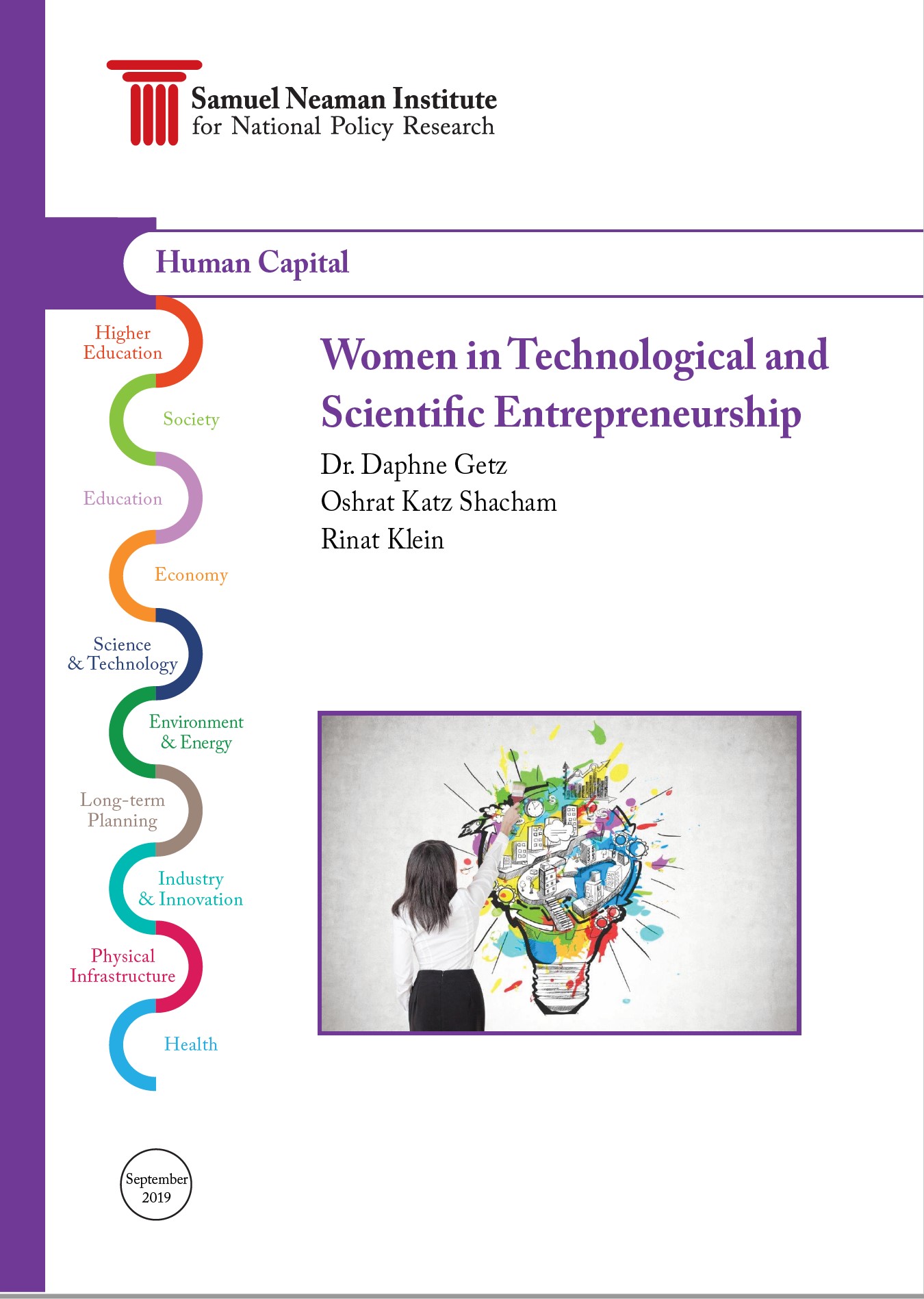
דפנה גץ, אושרת כץ-שחם, רינת קליין, רועי צזנה, שלמה רוזנברג, אבידע שהם, סימה ציפרפל, אלה ברזני, ערן לק
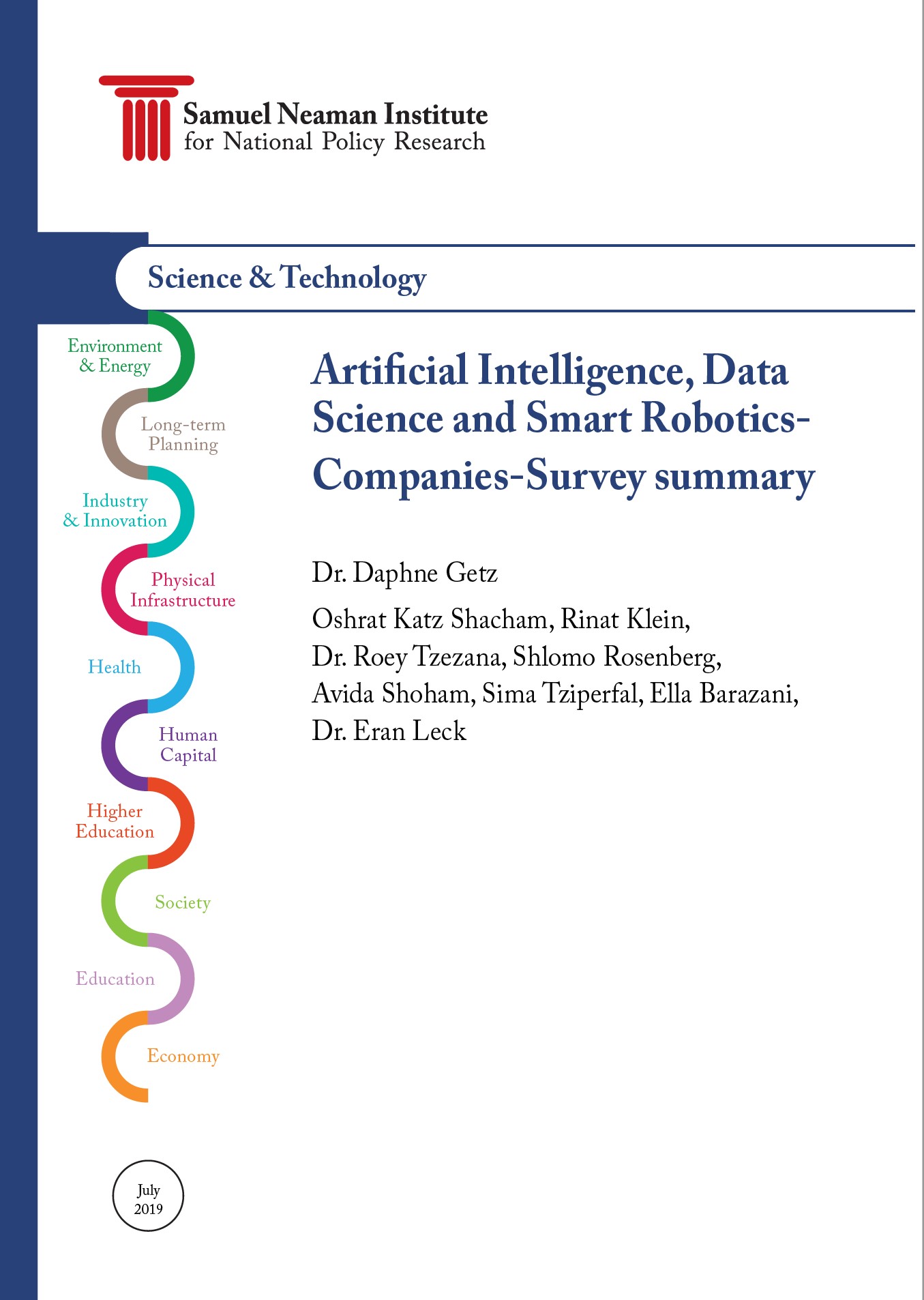
דפנה גץ, אושרת כץ-שחם, רינת קליין, רועי צזנה, שלמה רוזנברג, אבידע שהם, סימה ציפרפל, אלה ברזני, ערן לק
דפנה גץ, אושרת כץ-שחם, רינת קליין, רועי צזנה, שלמה רוזנברג, אבידע שהם, אלה ברזני, ערן לק, סימה ציפרפל
דפנה גץ, אושרת כץ-שחם, רינת קליין, רועי צזנה, שלמה רוזנברג, אבידע שהם, אלה ברזני, ערן לק, סימה ציפרפל
דפנה גץ, אושרת כץ-שחם, רינת קליין, רועי צזנה, שלמה רוזנברג, אבידע שהם, אלה ברזני, ערן לק, סימה ציפרפל

דפנה גץ, אושרת כץ-שחם, רועי צזנה, שלמה רוזנברג, אבידע שהם, אלה ברזני, ערן לק, סימה ציפרפל, רינת קליין

דפנה גץ, ציפי בוכניק, ערן לק, אלה ברזני, ורד גלעד, רינת קליין, איליה זטקובצקי
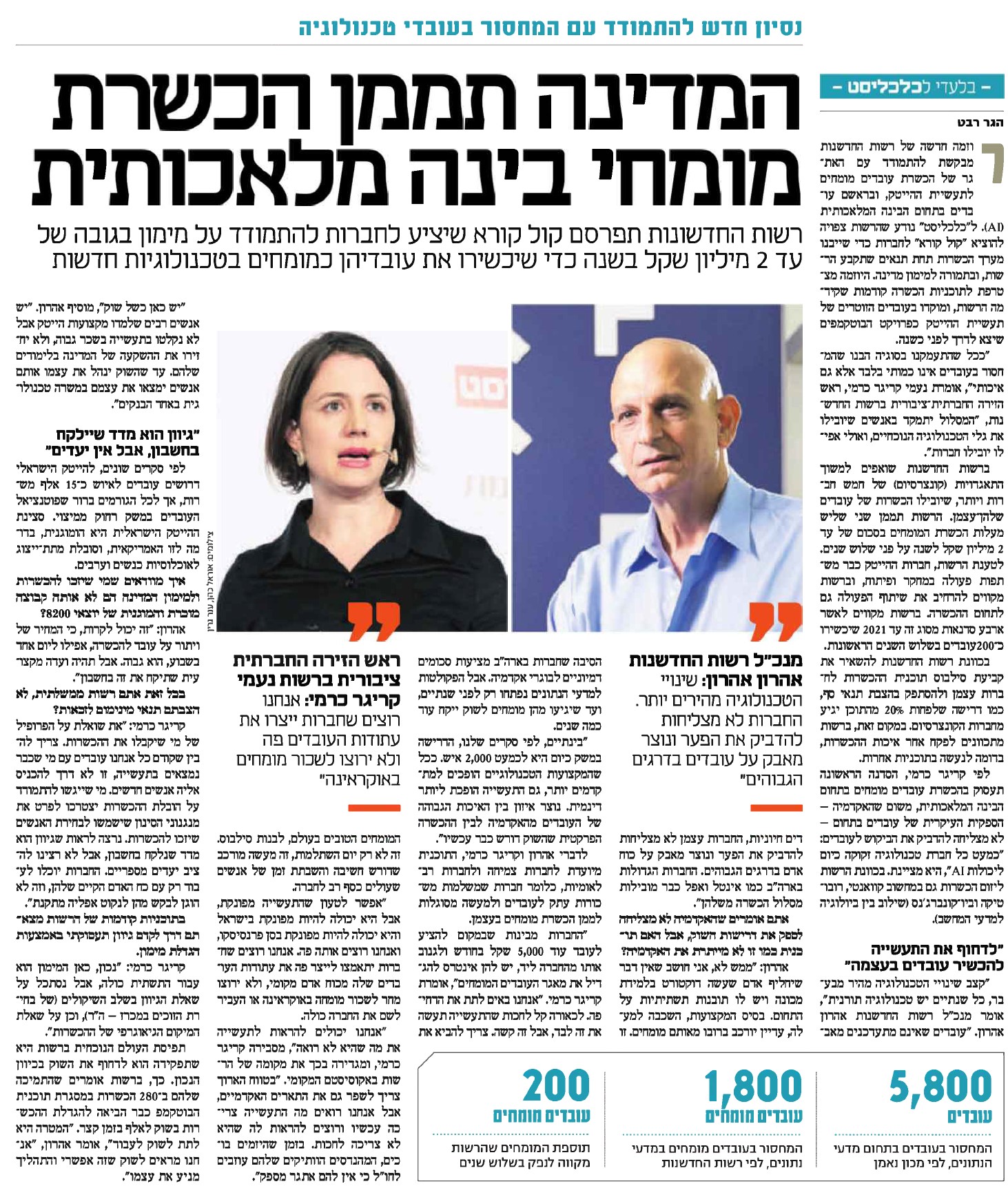
אלה ברזני, דפנה גץ, אושרת כץ-שחם, ערן לק, סימה ציפרפל, אבידע שהם, רינת קליין, רועי צזנה, שלמה רוזנברג
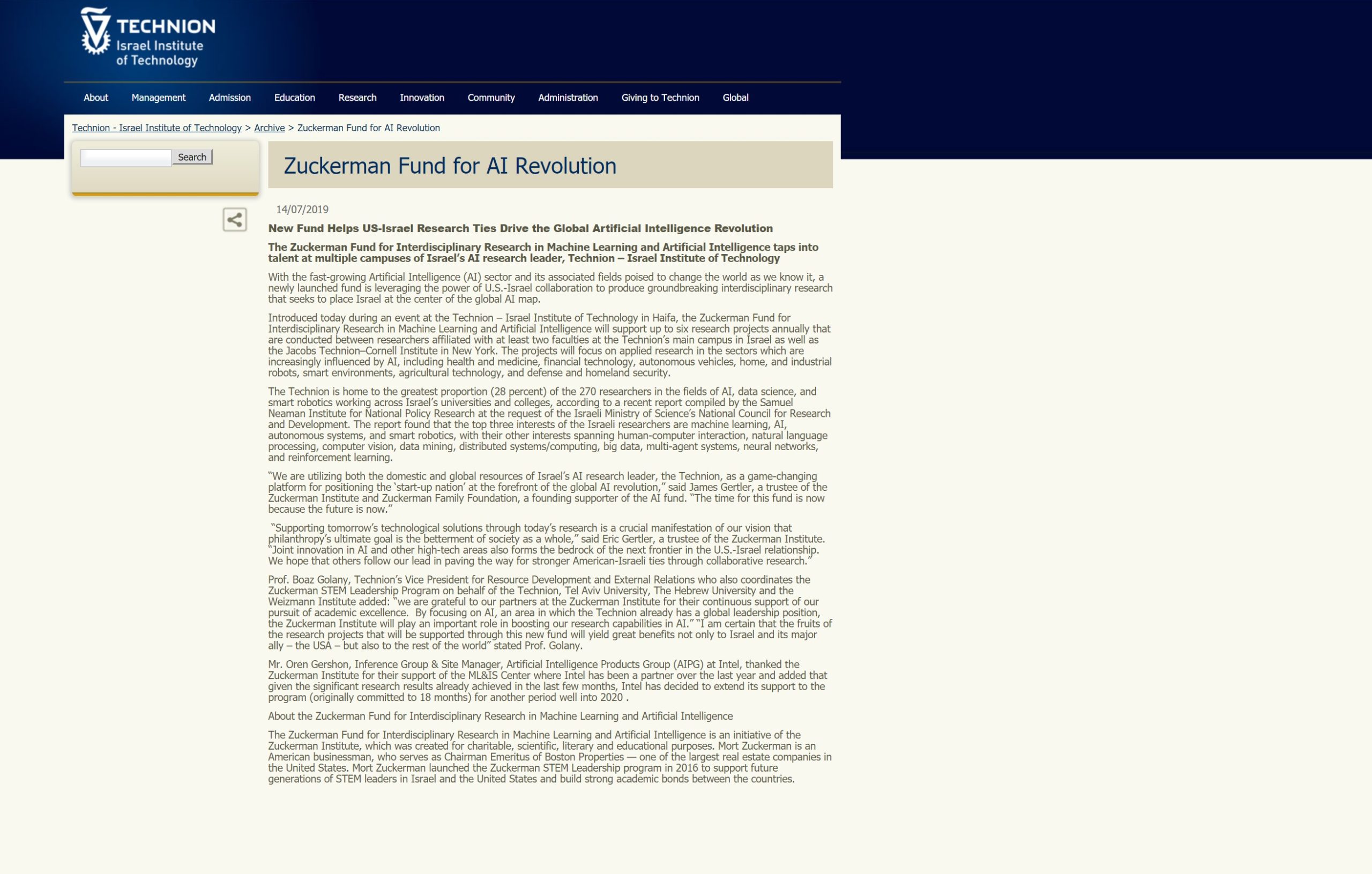
אלה ברזני, דפנה גץ, אושרת כץ-שחם, ערן לק, סימה ציפרפל, אבידע שהם, רינת קליין, רועי צזנה, שלמה רוזנברג
אלה ברזני, דפנה גץ, אושרת כץ-שחם, ערן כתר, סימה ציפרפל, אבידע שהם, רינת קליין
אופירה אילון, ארנון בנטור, אלה ברזני, דפנה גץ, אושרת כץ-שחם, ערן כתר, ערן לק, סימה ציפרפל, אבידע שהם, רינת קליין, רועי צזנה, שלמה רוזנברג

רינת קליין, ורד גלעד, ציפי בוכניק, בנימין בנטל, דן פלד

דינה זילבר, עלי זלצברגר, יעל כהן-רימר, ראובן כץ, ברק מדינה, מרדכי קרמניצר, מיכאל בירנהק, רינת קליין

דפנה גץ, אושרת כץ-שחם, רינת קליין, רועי צזנה, שלמה רוזנברג, אבידע שהם, סימה ציפרפל, אלה ברזני, ערן לק

דפנה גץ, אושרת כץ-שחם, רינת קליין, רועי צזנה, שלמה רוזנברג, אבידע שהם, סימה ציפרפל, אלה ברזני, ערן לק
דפנה גץ, אושרת כץ-שחם, רינת קליין, רועי צזנה, שלמה רוזנברג, אבידע שהם, אלה ברזני, ערן לק, סימה ציפרפל
דפנה גץ, אושרת כץ-שחם, רינת קליין, רועי צזנה, שלמה רוזנברג, אבידע שהם, אלה ברזני, ערן לק, סימה ציפרפל
דפנה גץ, אושרת כץ-שחם, רינת קליין, רועי צזנה, שלמה רוזנברג, אבידע שהם, אלה ברזני, ערן לק, סימה ציפרפל